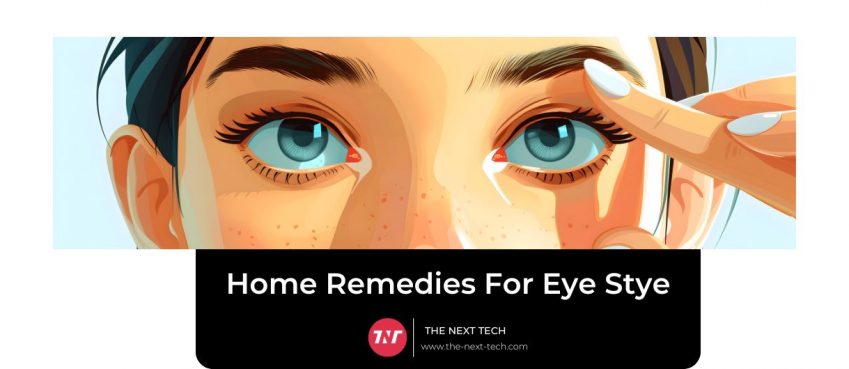
Even with the recent rise of discussion around personality types, there remains widespread misunderstanding about what it truly means to be an introvert.
Many commonly held myths assert that an introvert is someone who is anti-social, does not enjoy being around others and feels uncomfortable in social settings.
(adsbygoogle = window.adsbygoogle || []).push({});
Due to this, it is easy to see why introversion often gets confused with traits of social anxiety. Learning how to distinguish between introversion and social anxiety disorder is crucial in being able to determine what is normal for one’s personality and when mental health concerns may be present.
What is an Introvert?
Introversion and extroversion are personality characteristics that describe how an individual receives energy. While extroverts get energy from being around others, introverts are energized by being alone. Introverts often find that they feel drained after social interactions, and need time to themselves to ‘recharge their batteries.’
Common traits shared by introverts include:
- Requiring adequate time for solitude
- Needing time to recharge after social activities
- Preferring a small group of close friends
- Having an active inner world
- Being self-aware and introspective
- Taking more time to think before speaking/acting
It is important to understand that introversion exists on a spectrum. Some individuals may identify as introverted, while others believe that they are extroverted but possess certain introverted tendencies. Some people find themselves right in the middle of the introvert-extrovert spectrum (these individuals are called ambiverts).
Also read: Apple CarPlay Not Working? Here’s 7 Troubleshooting Tips
Busting Myths about Introversion
Despite popular belief, being an introvert is not synonymous with being anti-social, shy or socially awkward. Many introverts do engage socially and enjoy getting to know others. It is just afterwards, they will need recovery time in order to regain their energy.
It is common for introverts to prefer being alone or in a small group of friends as opposed to at large gatherings, and that is perfectly okay.
However if social interactions are causing extreme fear, this may not be linked with introversion at all. Experiencing severe distress around social interactions, or avoiding them altogether, may be indicative of a mental health condition called social anxiety disorder.
Also read: Novel AI Review: Is It The Best Story Writing AI Tool? (2024 Guide)
Understanding Social Anxiety Disorder
Social Anxiety Disorder involves intense fear of social situations where one could be judged, embarrassed or rejected by others. Symptoms include physical discomfort in social settings (such as rapid heart rate, sweating, nausea, etc), feeling extremely self-conscious, and avoiding social situations altogether.
Like many mental health conditions, social anxiety disorder is currently believed to be caused by a combination of genetic and environmental factors.
Individuals with Social Anxiety Disorder typically experience significant limitations in their daily life. They often have challenges in the workplace and in pursuing relationships.
It is common for people with Social Anxiety Disorder to become very isolated, which contributes to an increased risk of developing depression and substance use disorders. (For more information about various mental health disorders and to take a screening test for conditions such as social anxiety, depression and ADHD, click here.)
Treatment for Social Anxiety Disorder
If you are experiencing any potential signs of Social Anxiety Disorder, it is important to reach out for professional support from a mental health professional.
Treatment for Social Anxiety Disorder generally includes psychotherapy (such as cognitive behavioral therapy or exposure therapy) and in some cases, medication may be prescribed as well.
A mental health professional can work with you in order to help you confront your fears and learn to manage uncomfortable situations so that they become less distressing over time.
Also read: Top 10 Best Artificial Intelligence Software
The Bottom Line
One helpful way to sum up the difference between introversion and Social Anxiety Disorder is to remember this phrase: “Introversion is your way, Social Anxiety gets in your way.” While being an introvert is at the core of how a person is wired, Social Anxiety Disorder prevents someone from becoming who they truly are.
That being said, with the proper treatment, individuals living with social anxiety can develop the tools to thrive.
Top 10 News
-
01
10 Exciting iPhone 16 Features You Can Try Right Now
Tuesday November 19, 2024
-
02
10 Best Anatomy Apps For Physiologist Beginners
Tuesday November 12, 2024
-
03
Top 10 Websites And Apps Like Thumbtack
Tuesday November 5, 2024
-
04
Top 10 Sites Like Omegle That Offer Random Video Chat
Monday October 21, 2024
-
05
Entrepreneurial Ideas To Make 5K In A Month (10 Realistic Wa...
Monday October 7, 2024
-
06
[10 Best] Cash Advance Apps Like Moneylion And Dave (No Cred...
Friday September 20, 2024
-
07
Top 10 Richest Person In The World
Tuesday August 27, 2024
-
08
Top 10 Unicorn Startups In The World (2024-25)
Monday August 26, 2024
-
09
Top 10 IT Companies In The World By Market Cap
Thursday August 22, 2024
-
10
[10 New] Best OnionPlay Alternatives To Stream TV Shows And ...
Tuesday June 11, 2024







